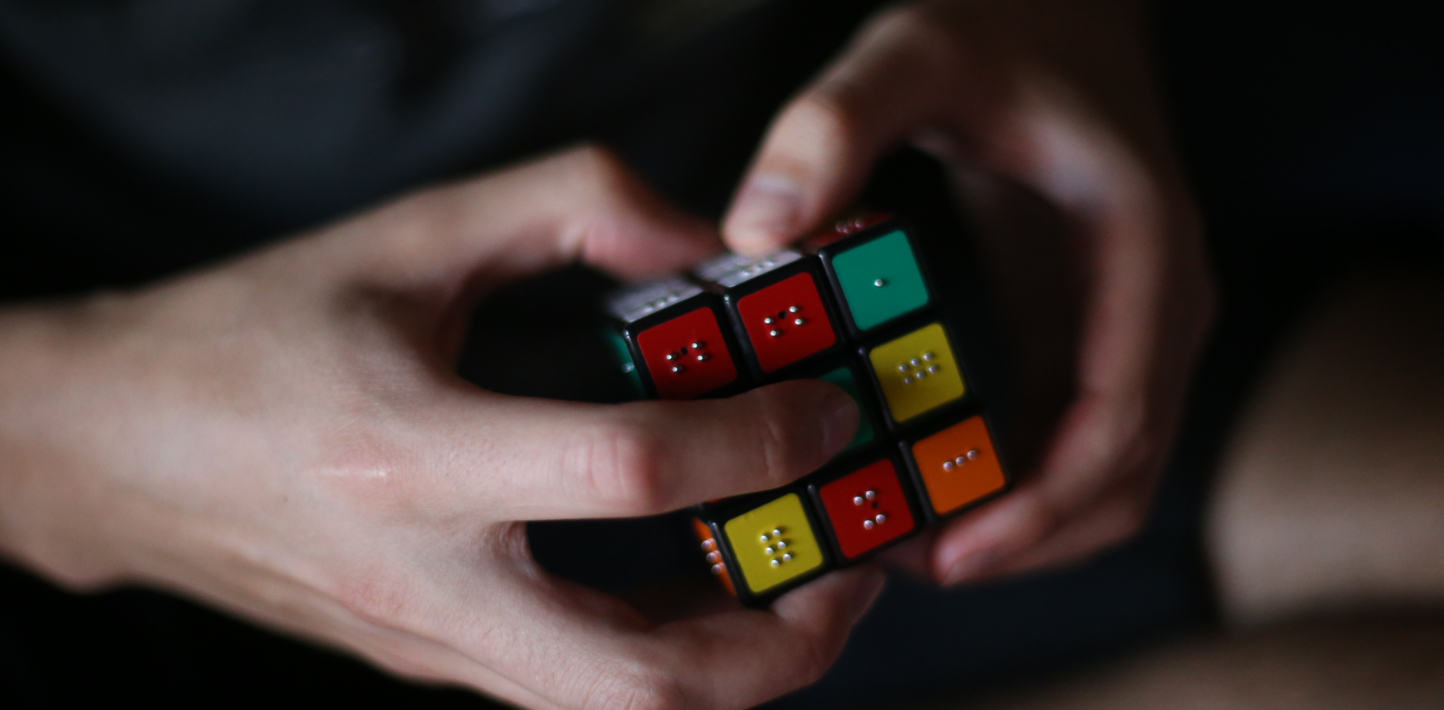In 2019, Chile saw mass protests to demand greater equality and human rights. The authorities responded with violent repression and criminalization, excessive use of force, and discriminatory and disproportionate use of pre-trial detention. A state of emergency was declared, and the army was deployed in the streets alongside the military police, the Carabineros.
Three people were killed and hundreds of people were seriously injured, including 347 who sustained eye injuries, mostly from the impact of pellets from riot-control shotguns loaded with multiple kinetic impact ammunition, which was used in a virtually uncontrolled and indiscriminate manner.
On numerous occasions this ammunition was used against protesters who did not pose a risk to the life of officers. Officers fired at parts of the body where there was a high-risk impact could cause serious injury and prove fatal, such as the head and chest.
One victim was the then 21-year old psychology student Gustavo Gatica. During a demonstration in Santiago on 8 November 2019, Carabinero officers fired into a crowd of protestors, hitting Gustavo in both eyes, leaving him permanently blinded.
During the protests, tear gas was also used disproportionately to disperse people and fired with grenade launchers. On multiple occasions, the canister was fired directly at people’s bodies to cause injury and not as a dispersal tool.
A high-ranking officer in Chile’s Carabineros police force, identified by his codename G-3 was arrested and charged two months after Amnesty International published evidence suggesting that he was responsible for blinding Gustavo Gatica. He is still awaiting trial.
Throughout history, protest has been a powerful tool for change. But governments around the world are cracking down on protests and it must be protected.
Protect the protest
Add your voice to our global call to protect the protest and join our campaign today.


